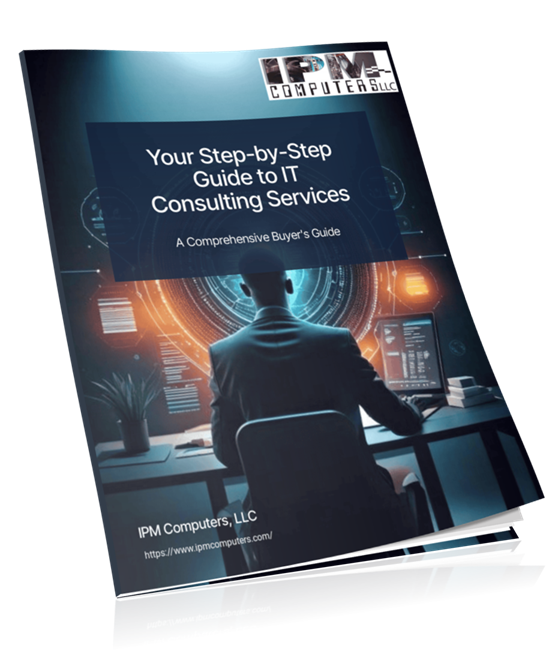The role of IT management has become integral for driving growth and ensuring long-term success. As technology continues to advance, businesses must adapt their strategies and embrace innovative approaches to stay competitive.
We’ll explore the future of IT management and provide valuable tips that will empower organizations to leverage technology as a catalyst for business growth.
These insights are essential for any forward-thinking business leader. Discover how you can revolutionize your IT management practices and unlock new opportunities for success.
Strategies for Future Business Growth
The future of IT management is poised to revolutionize the way businesses operate and grow. With advancements in technology such as artificial intelligence (AI) and data analytics, organizations can now harness the power of these tools to drive innovation, improve efficiency, and make strategic decisions that fuel business growth.
Embracing cloud computing is an essential aspect of future-proofing IT strategies for business growth. The cloud offers scalability, agility, cost-effectiveness, and enhanced collaboration capabilities that were previously unimaginable with traditional on-premise infrastructure.
With cloud computing, organizations can rapidly deploy new applications or services, optimize resource allocation based on demand fluctuations, simplify maintenance procedures while ensuring data security and disaster recovery measures are in place.
Adopting a proactive approach towards next-gen IT management is crucial for businesses looking to stay ahead in the competitive market.
Forward-Thinking IT
Forward-thinking IT is characterized by flexibility and open communication within the IT department. This requires a mindset that values learning and innovation, as well as a willingness to step outside of traditional comfort zones.
One key aspect of forward-thinking IT is fostering open communication within the department. This means creating an environment where team members feel comfortable sharing ideas, asking questions, and challenging existing norms. Open communication allows for collaboration and creative problem-solving, leading to more effective solutions for the business as a whole.
Forward-thinking IT involves being flexible in response to changing technological trends and business needs. Rather than adhering to established processes or systems, this approach encourages continuous evaluation and adjustment.
IT’s Role Protecting Data and Training Staff
One of the crucial roles of IT is to protect data. With the increasing frequency and sophistication of cyber threats, organizations are faced with ongoing risks to the security and privacy of their sensitive information.
IT plays a vital role in implementing robust cybersecurity measures, such as firewalls, encryption protocols, and intrusion detection systems, to safeguard against unauthorized access or data breaches. IT teams also regularly update software and systems to address vulnerabilities and keep up with emerging risks.
Another important aspect of IT’s role is training staff in best practices for protecting data. IT professionals play a critical role in developing comprehensive training programs that educate employees on topics such as phishing scams, password hygiene, social engineering techniques, and safe internet browsing habits.
Human error continues to be one of the leading causes of security breaches within organizations. Therefore, it is essential for employees at all levels to be well-informed about potential threats and how they can contribute to maintaining a secure environment.
The Impact of Leland Managed IT on Future Business Growth
The future of Leland IT management holds immense potential for driving business growth. As technology continues to advance, businesses that effectively harness its power will undoubtedly gain a competitive edge.
By embracing innovative approaches and leveraging emerging technologies such as AI, data analytics, and cloud computing, organizations can unlock new opportunities for efficiency, productivity, and customer engagement.
The ability to adapt quickly to technological advancements and integrate them seamlessly into existing operations will be key factors in determining future growth. Staying ahead of the curve by proactively adopting cutting-edge solutions will enable companies to differentiate themselves from competitors and tap into new markets.
Organizations recognize that technology is not just a support system but a driver of innovation, productivity, and customer-centricity. Through effective IT management practices, businesses can position themselves for long-term success.






